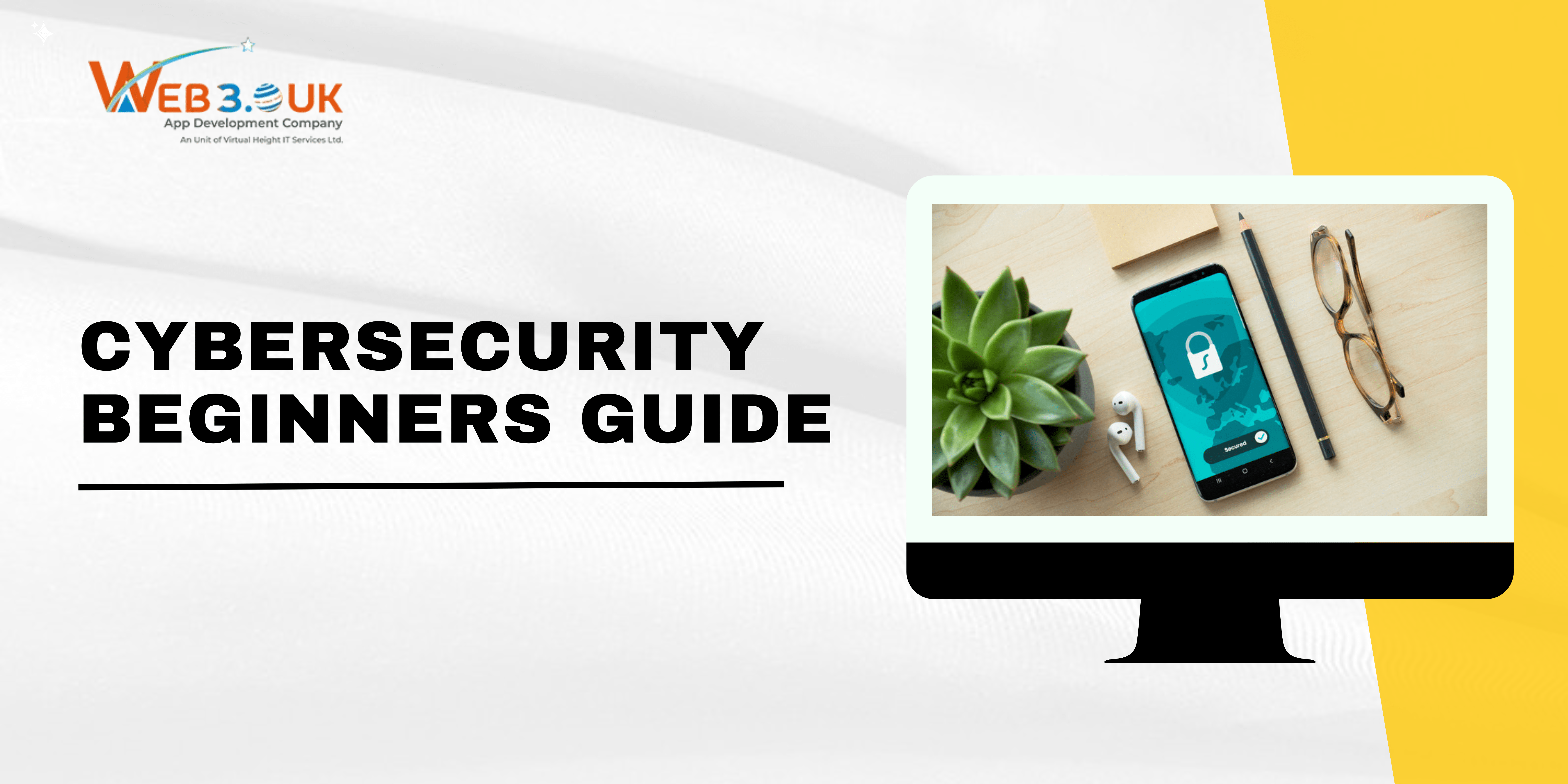In today’s digital age, cybersecurity has become a crucial aspect of our lives. With the rapid advancement of technology, the need to protect our personal information and sensitive data from cyber threats has become more important than ever before.
Whether you’re a beginner looking to learn the basics or someone who wants to enhance their existing knowledge, this ultimate guide will provide you with valuable insights into the world of cybersecurity.
Basic Ideas Of Cybersecurity for Beginners
1. Understanding Cybersecurity
Cybersecurity refers to the practice of protecting computer systems, networks, and data from unauthorized access, theft, or damage. It involves implementing various measures to safeguard information and prevent cyber attacks. With the increasing reliance on digital platforms, understanding the basics of cybersecurity is essential for everyone.
2. Common Cyber Threats
Cyber threats come in various forms and can have severe consequences. Some of the most common types of cyber attacks include:
➤ Malware Attacks
Malware, short for malicious software, is designed to infiltrate and damage computer systems. It can take the form of viruses, worms, ransomware, or spyware. Taking necessary precautions such as using reliable antivirus software and regularly updating your systems can help protect against malware attacks.
➤ Phishing Attacks
Phishing attacks involve tricking individuals into revealing sensitive information, such as passwords or credit card details, by posing as a legitimate entity. It often occurs through deceptive emails, messages, or websites. Being cautious and verifying the authenticity of requests before sharing personal information is vital in avoiding phishing scams.
➤ Social Engineering
Social engineering is a manipulation technique used by cybercriminals to exploit human vulnerabilities. It involves tricking individuals into revealing confidential information or performing actions that can compromise security. Awareness of common social engineering tactics can help you identify and prevent such attacks.
3. Essential Cybersecurity Practices
To protect yourself from cyber threats, it’s crucial to follow the best cybersecurity practices. Here are some essential steps to enhance your online security:
➤ Strong Passwords
Using strong and unique passwords for your online accounts is vital. Avoid using common passwords or personal information that can be easily guessed. Additionally, consider utilizing password managers to securely store and generate complex passwords.
➤ Two-Factor Authentication (2FA)
Enabling two-factor authentication adds an extra layer of security to your online accounts. It requires you to provide a second form of verification, such as a code sent to your mobile device, along with your password. Implementing 2FA significantly reduces the risk of unauthorized access.
➤ Regular Software Updates
Keeping your operating systems, applications, and devices up to date is essential for addressing vulnerabilities. Software updates often include security patches that protect against known threats. Enable automatic updates whenever possible to ensure you have the latest protection.
➤ Secure Internet Connections
When accessing the internet, be cautious about using public Wi-Fi networks, as they can be insecure. Whenever possible, connect to trusted and encrypted networks. Using a virtual private network (VPN) can add an extra layer of security by encrypting your internet connection.
4. Cybersecurity for Personal Devices
Securing your personal devices is crucial to maintaining cybersecurity. Whether you’re using a computer, smartphone, or tablet, the following practices can help safeguard your devices:
➤ Firewall and Antivirus Software
Ensure that you have a reliable firewall and antivirus software installed on your devices. Firewalls monitor and control incoming and outgoing network traffic, while antivirus software scans for and removes malicious programs.
➤ Data Backup
Regularly backing up your important files and data is essential to protect against data loss. Use cloud storage services or external hard drives to store backups securely. In case of a cyber-attack failure, having backups ensures you can easily recover your data.
➤ App and Software Permissions
Review and manage the permissions granted to apps and software installed on your devices. Limit unnecessary access to personal information and ensure that only trusted applications have permission to access sensitive data.
|| READ ALSO: METAVERSE TRENDS IN 2023 ||
5. Cybersecurity Best Practices for Businesses
Businesses must prioritize cybersecurity to safeguard their operations, customer data, and reputation. Here are some key practices to implement within an organizational setting:
➤ Employee Education and Training
Provide regular cybersecurity awareness training to employees. Educate them about potential threats, safe browsing habits, and the importance of following security protocols. Encourage strong password practices and the reporting of suspicious activities.
➤ Network Security
Implement robust network security measures, such as firewalls, intrusion detection systems, and secure Wi-Fi networks. Regularly update security software and conduct network vulnerability assessments to identify and address potential weaknesses.
➤ Incident Response Plan
Develop an incident response plan that outlines the steps to be taken in the event of a cybersecurity breach. This plan should include procedures for mitigating the attack, communicating with stakeholders, and restoring affected systems.
Conclusion
As the digital landscape continues to evolve, cybersecurity remains a critical aspect of our online lives. By understanding common threats, adopting best practices, and staying informed about the latest security measures, both individuals and businesses can enhance their cybersecurity defenses. Remember, practicing good cybersecurity habits is an ongoing process that requires constant vigilance and adaptability. Stay informed, stay secure, and protect yourself from cyber threats in this interconnected world.
By following the guidelines provided in this ultimate guide to cybersecurity for beginners, you’ll be well-equipped to navigate the digital realm with confidence and protect yourself from potential cyber-attacks
Have more questions or need personalized assistance with cybersecurity? Reach out to our dedicated team of experts for tailored guidance and support. Contact us today and embark on your journey to a secure online presence!



